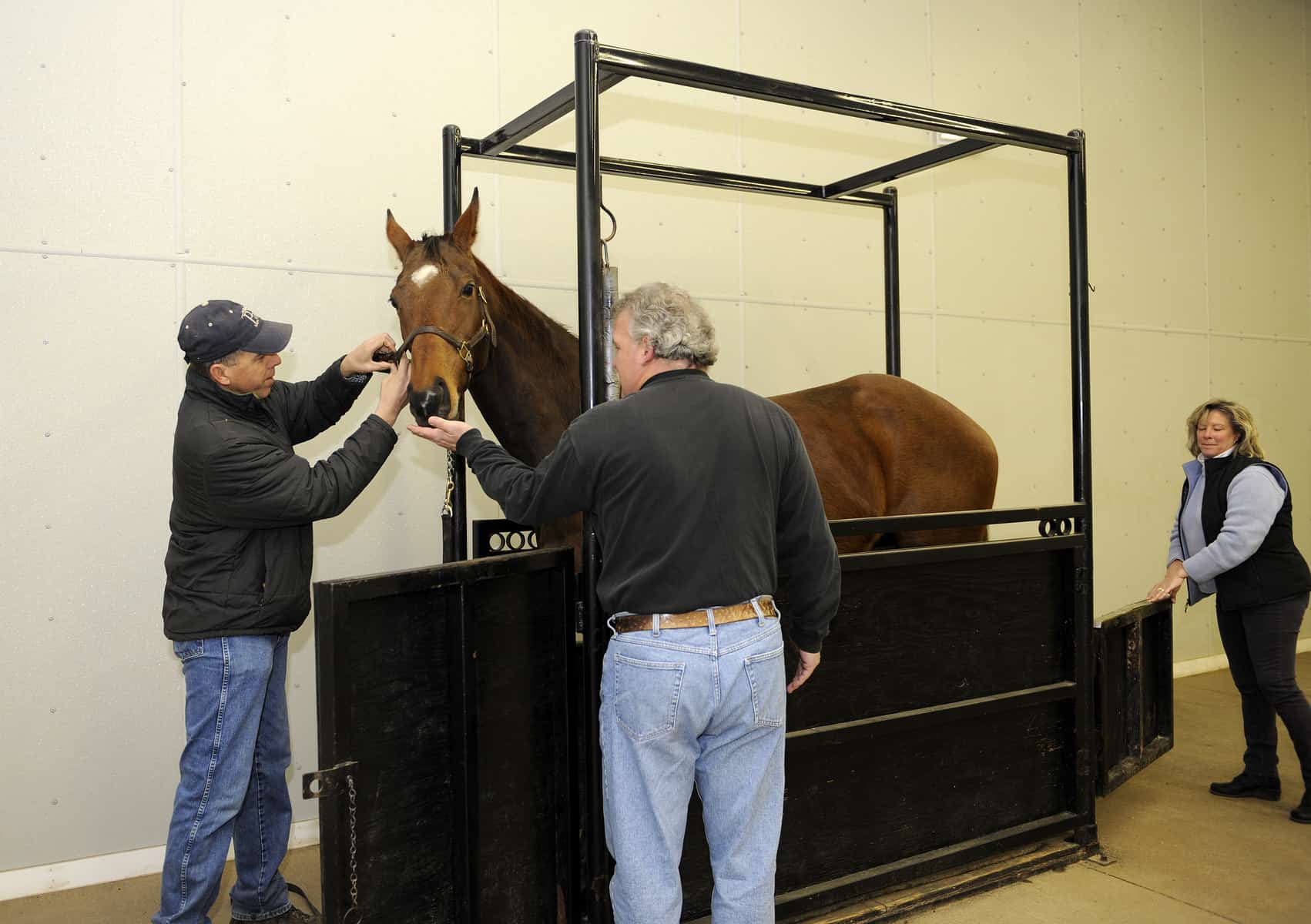Understanding Breeding Soundness Exams for Mares

During a presentation at the 2012 Western Veterinary Conference, held Feb. 19-23 in Las Vegas, Nev., Walter Threlfall, DVM, MS, PhD, Dipl. ACT, a consulting theriogenologist (reproductive specialist) in Powell, Ohio, and professor emeritus in the Department of Veterinary Clinical Sciences at The Ohio State University’s College of Veterinary Medicine, gave an in-depth look at what a mare’s breeding soundness exam should entail.
“The purpose (of a breeding soundness exam) is to determine the probability of a mare conceiving and the cause(s) of sub- or infertility,” said Threlfall, a Quarter Horse breeder for more than 30 years.
Obtain a History
Veterinarians should begin a breeding soundness examination by obtaining a detailed history of the mare, Threlfall said, indicating that much can be learned from this portion of the process
Create a free account with TheHorse.com to view this content.
TheHorse.com is home to thousands of free articles about horse health care. In order to access some of our exclusive free content, you must be signed into TheHorse.com.
Start your free account today!
Already have an account?
and continue reading.

Written by:
Erica Larson
Related Articles
Stay on top of the most recent Horse Health news with












